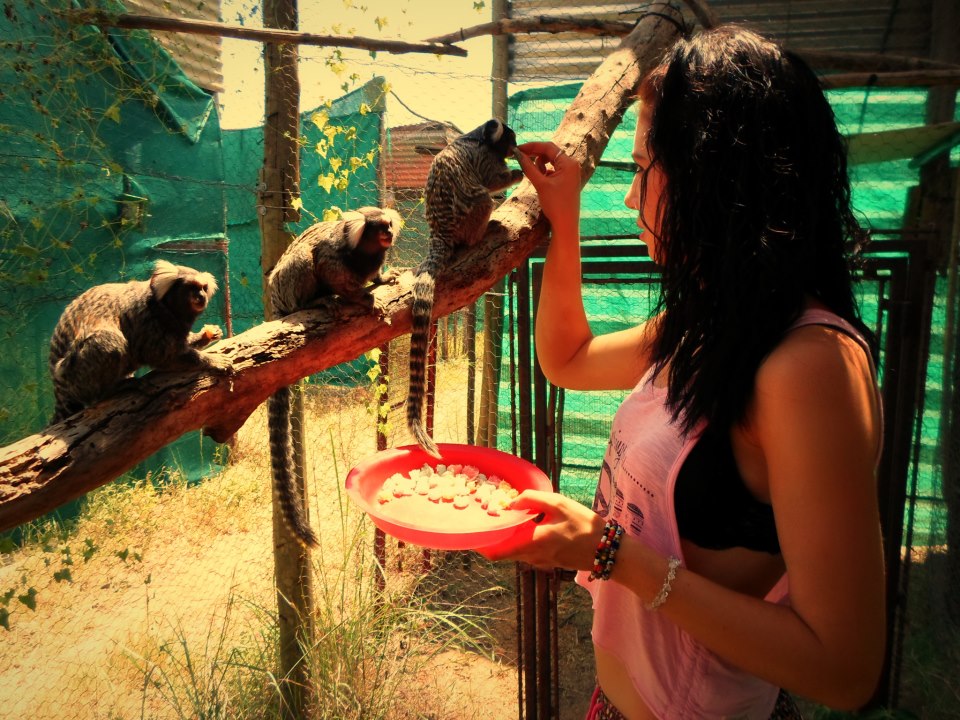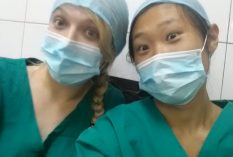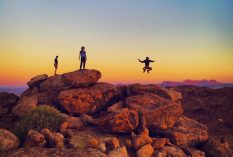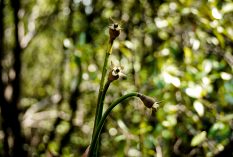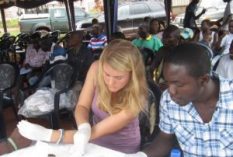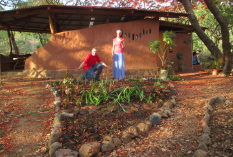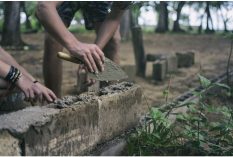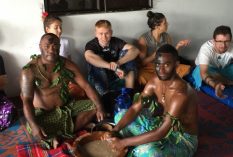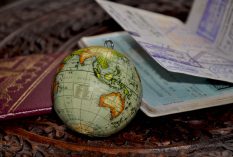Wildlife conservation is a huge, multi-faceted field. There are all kinds of opportunities available and the work is amongst the most varied you can find. It’s exciting, rewarding and offers the chance to make a difference.
In the autumn of 2014, the WWF released a report detailing some shocking statistics about our planet’s biodiversity. The headline fact was that Earth has lost half of its wildlife over the past 40 years. The two biggest causes are thought to be the exploitation of animals and habitat change, due to human expansion. The problem is continually getting worse and all kinds of animals are in danger of extinction.
But the good news is, you can help to change all of that.
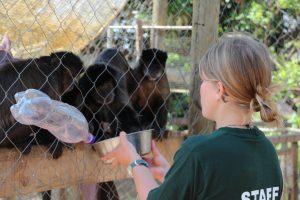
Conservation as a Career
As a conservationist, not only can you help to preserve the balance of the natural world, you can go and see it too! Travel, exploration, new people and loads of amazing wildlife. Sound good? I’m sure you’ll agree that a career in conservation is a great choice. So how can you start out on this exciting career path?
What You Need To Get a Job
Of course, the primary characteristic you need is to love animals and the natural world. But as you’re reading this, we’ll assume you have that already! Here are the three things you need to get a job in wildlife conservation:
- A degree
- Specific skills
- Relevant Experience
Once you put them all together, not only will you be ready to start your dream job in conservation, you’ll be in a much better position to find it. So let’s break them down and talk in more detail, shall we.
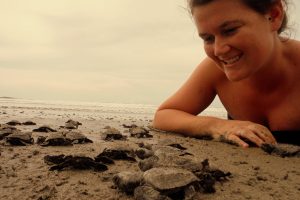
Degree
The vast majority of people working in the field have an undergraduate degree, or higher. If you haven’t started a degree yet, don’t worry. A quick bit of research will reveal a multitude of courses from foundation degrees to doctorates. Fortunately though, it’s not all academic work. Many degrees allow for a practical experience component. We’ll talk more about that a little later on.
Specific Skills
There are three specific skills you’re going to need.
The first is the habit of learning. Conservation is constantly changing. To stay on top of the latest developments, you need to be an active participant in the field. Lots of reading is a must. Attending conferences and training events can also be really helpful. Try to think about the kinds of areas that interest you. What are you passionate about? Start researching now.
Another big part of learning is being willing to change your mind. Being at the forefront of science means new information is arriving all the time. Whilst it’s tempting to really get stuck in with one branch of thought, new research can often change everything. Whether it’s your understanding of your specific role, or the entire focus of the project, you have to be open to new information.
The second skillset you need to develop is communication. Working directly with nature is not the whole story. Some of the most important work undertaken by conservationists is persuading other people that their work matters. Being able to communicate effectively across several platforms is crucial to your success.
There are loads of ways to do this. Something you may already be good with is social media. Typically, pictures of cute animals come across really well. But you’ll also need to be able to document your findings, keep records and write convincingly to tell people about your project. As with most things, diligent practice helps immensely. Maybe there’s a local project you can help out with. Or perhaps you can start out online. Commenting on conservation blog posts is a great way to connect with people and improve your writing.
Finally, networking and people skills are essential. You’ll find that the better you are at meeting people and cultivating relationships, the more you’ll be able to achieve in your chosen area. This applies at conferences, in your local community and in the field. Being somebody who can connect with others is often important. But in the field of conservation, the relationships you have can really impact how successful your work is. Consider looking for conservation meetups in your area. The more likeminded people you can meet, the better.
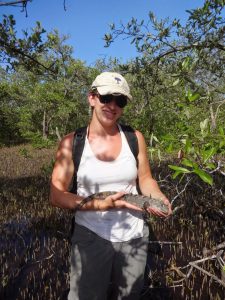
Getting a Head Start
So you’ve either got a degree or you’re working on it. And now you know what skills you’re going to need to work on. You may already feel well on the way to getting that job you want. There’s just one thing missing. Probably the hardest thing to get, is the most important of all – experience.
Almost every job posting requires experience and it can quickly seem like a chicken and egg situation where getting either a job OR experience, can seem almost impossible. Whatever degree you’ve chosen, it’s hard to get the hands on experience you’ll need to land your dream job.
Don’t worry though. There’s a fantastic way to tackle that problem and have a lot of fun at the same time. The best way to get an edge over other candidates is experience. And the best way to get experience, is through an internship.
Internships
There is wildlife in need of your help in every corner of the world and starting with an internship will broaden your understanding of the issues they face. Not only that, but you’ll get hands-on practice with all aspects of the field. Of course, there’s the added bonus that you get to travel. Often to exotic locations not open to mass tourism.
As we talked about earlier, many degrees allow a practical component and a summer internship is perfect for that. So if you’re already doing a degree, check with your uni about the specifics of your course.
An internship proves to employers that you already have the necessary skills and experience to fulfil the role you’re applying for. But it also gives you the chance to have some fun, meet like-minded people and make the world a better place.
So get a degree, work on your skills and then go out and get some experience. Then you’ll be able to get a job in wildlife conversation, have an adventure and make a difference.

